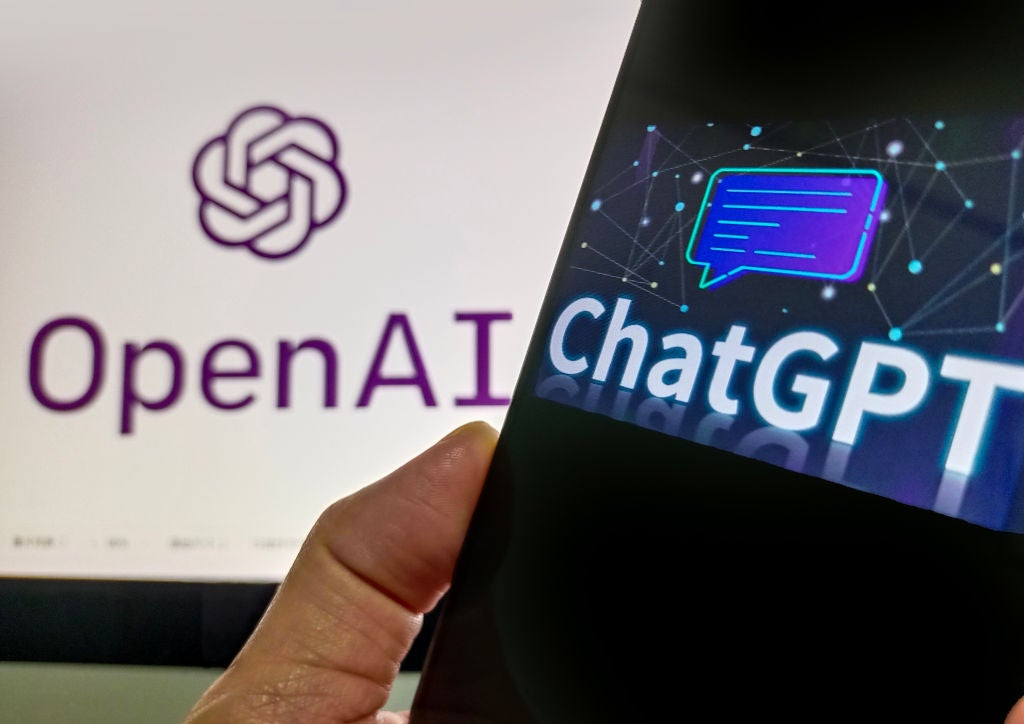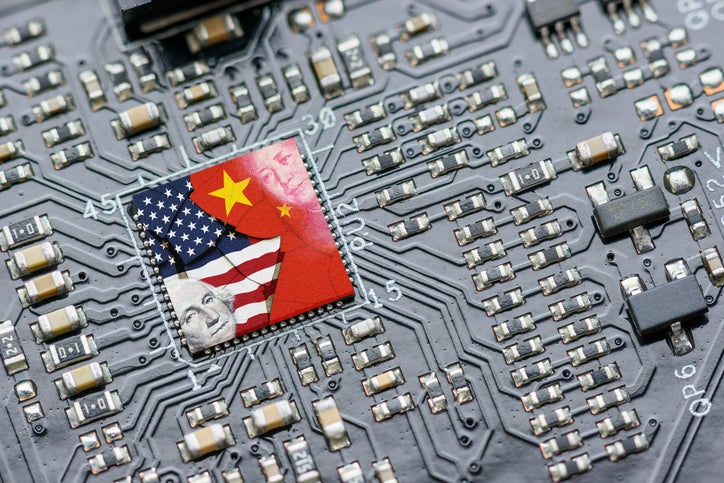
The wide spread of ChatGPT has transformed the general perception of digital innovation and business growth.
While most tech researchers and regulators warn us of the inevitable ethical and societal repercussions of AI supremacy and the dystopian future of an algorithmic workforce, one may mention the tremendous opportunities for human empowerment and social justice across policymakers, businesspeople, and citizens. This dual perception of innovation exhibits the unique intersection of the human and digital across industries and public services.
(R)evolution of (human) evil
Many AI ethicists and scholars scrutinize the ChatGPT development as a continuation of AI fallacies and biases, harming the fundamental rights of vulnerable groups. Common assumptions and testing pilots regarding the racist nature of ChatGPT have been suggested to highlight the mimicking process of algorithms due to the insertion of biased inputs and datasets.
Nonetheless, there remains a question of whether this novel application represents a revolutionary agent, deteriorating the existing conditions of certain social groups and traditional professions, compared to existing AI-driven applications.
As this post suggests, the development of ChatGPT marks a humanistic and user-centric evolution in the study of artificial intelligence, with tremendous opportunities for society, alongside the above threats.
ChatGPT – breaking the digital divide
Broadly, emerging technologies have exacerbated the gaps between digitally oriented entities, businesses, nations, and those lagging behind digital innovation. To exemplify, the climate crisis has required nations to be digitally equipped to develop renewable energy technologies and reduce carbon emissions, or spearhead pioneering forecasting applications to identify natural disasters such as floods and earthquakes.
How well do you really know your competitors?
Access the most comprehensive Company Profiles on the market, powered by GlobalData. Save hours of research. Gain competitive edge.

Thank you!
Your download email will arrive shortly
Not ready to buy yet? Download a free sample
We are confident about the unique quality of our Company Profiles. However, we want you to make the most beneficial decision for your business, so we offer a free sample that you can download by submitting the below form
By GlobalDataMoreover, the Covid-19 pandemic has pivoted the traditional workforce, requiring public services and businesses to adapt to remote working and product delivery. This has indirectly affected the required skillset of future applicants and employees in remote and digital settings. Nonetheless, green hydro technologies, edtech training, as well as forecasting tools are still considered complex for mass production and usage outside of corporate settings.
Consequently, the development of ChatGPT should also be acknowledged for its immense societal contribution and its essence as a user-centric technology, produced and accessible to the masses. This is an unprecedented time, wherein users are not required to exhibit technical understanding and skills to use AI-driven software, but the mere possession of a digital infrastructure.
Unlike previous algorithmic models used to diagnose pandemics or mitigate disinformation campaigns, ChatGPT enables users and businesses to replicate human tasks and increase operational efficiency. This does not create digital infrastructure out of scratch in remote surroundings, but it provides an opportunity for any user connected to the internet globally to enjoy the perks of AI and its automation capabilities.
Human-in-the-loop is here to stay
The upcoming AI regulatory acts are detrimental to the future of ChatGPT, as several countries consider prohibiting or restricting its usage due to ethical risks. Considering the dystopian study of military technologies and AI-driven soldiers, there remains controversy regarding the role of humans in shaping future reality. Dystopian scenarios may suggest the exclusion of the human, highlighting a scenario of human-out-of-the-loop and a fully digitized workforce, with limited human presence.
This post suggests the contrary, as AI is still developed by human creators and inherits their fallacies. The nascent development of ChatGPT can automate certain functions of human workers and amplify them. As many would suggest, human supervision is and will still be needed in the private and public sectors, to validate that human biases and errors in algorithmic processes are removed. Therefore, harnessing the social opportunities of ChatGPT could help us make digital innovation more accessible and break the digital ceiling.







